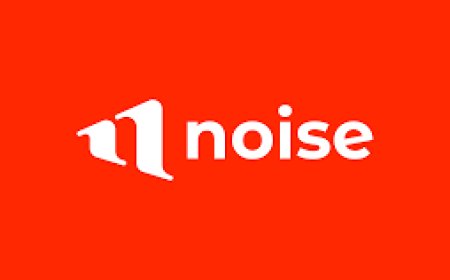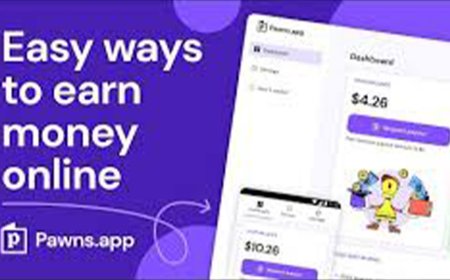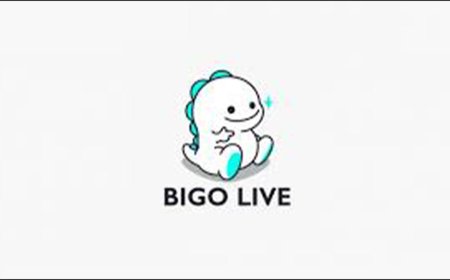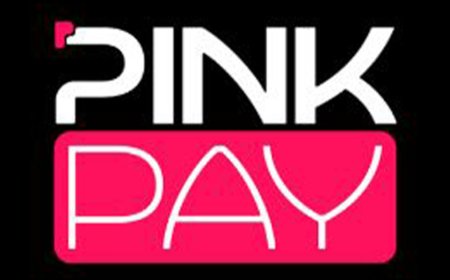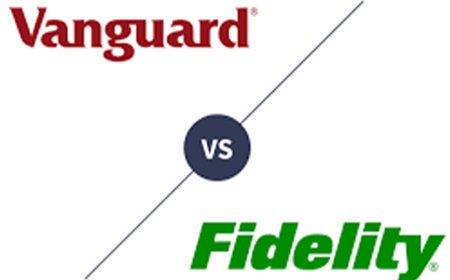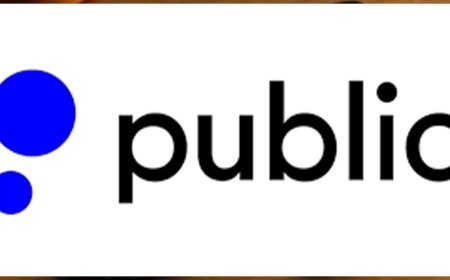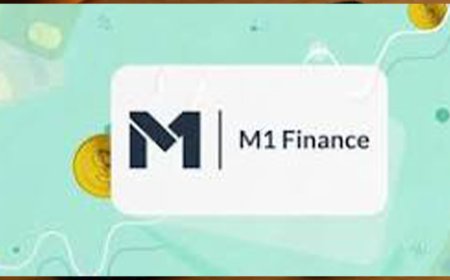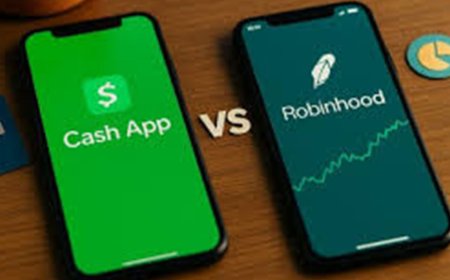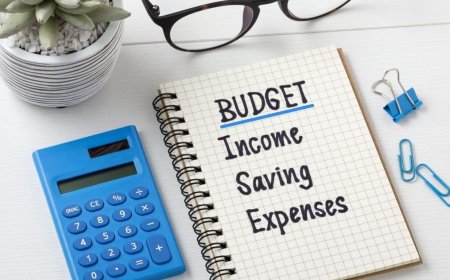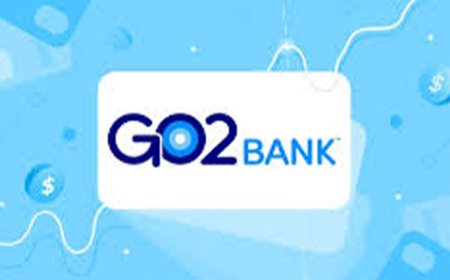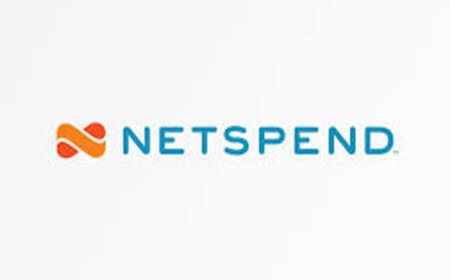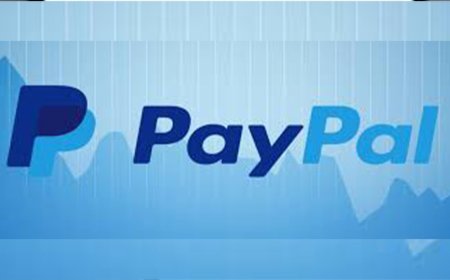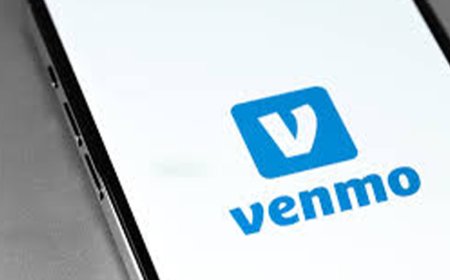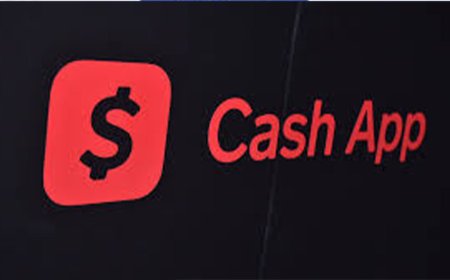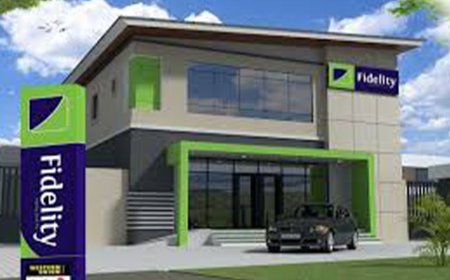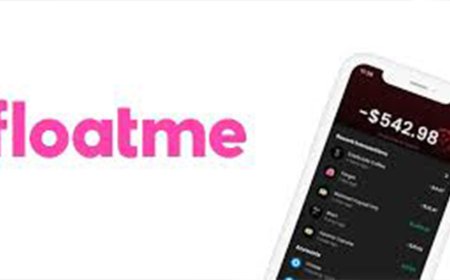Best Banks and Fintech Apps to Save Money in Nigeria 2025: High Interest Rates and Low Fees
Discover the best banks and fintech savings apps in Nigeria for 2025, offering high interest rates up to 28% p.a., low fees, and secure options like FairMoney, PiggyVest, Kuda, and Zenith. Beat inflation with expert tips, comparisons, and smart savings strategies.
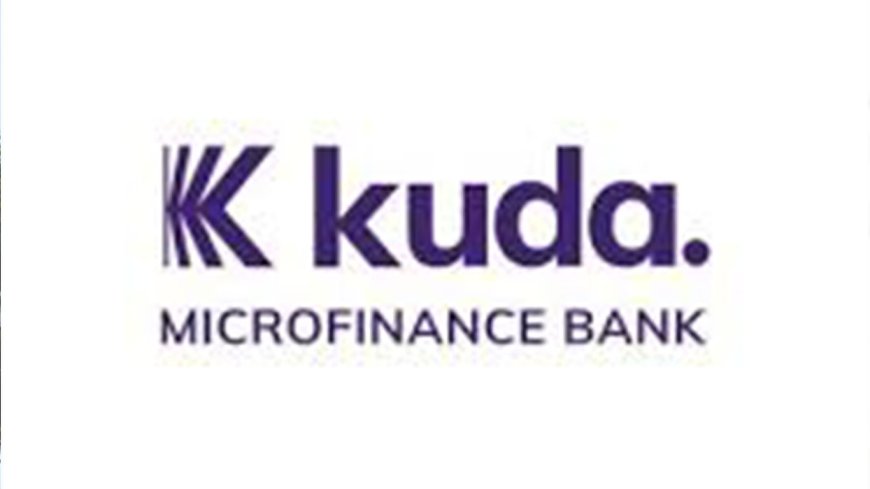
In Nigeria’s dynamic economic landscape of 2025, saving money is both a necessity and a challenge. With inflation rates fluctuating between 25-30% (based on recent economic analyses from sources like Nairametrics), the naira’s value under pressure, and the Central Bank of Nigeria (CBN) maintaining a high Monetary Policy Rate (MPR) at 26.75%, choosing the right savings platform is critical to preserving and growing wealth. Whether you’re saving for a rainy day, a business venture, or a big purchase like a car, the right bank or fintech app can make all the difference.
Traditional banks offer stability, while fintech platforms like FairMoney and PiggyVest provide high-yield, user-friendly options tailored to modern savers. This comprehensive guide explores the best banks and fintech apps for saving in Nigeria in 2025, offering detailed comparisons, practical tips, and answers to common questions. By the end, you’ll know how to maximize returns, minimize fees, and secure your financial future in Nigeria’s unique economic environment. If you’re just starting out with saving, first build an emergency fund before comparing bank rates
What to Look for in a Savings Bank or Platform in Nigeria (2025)
Selecting the right savings platform in Nigeria requires careful consideration of several factors, especially given the economic realities of 2025. Inflation erodes purchasing power, and naira depreciation adds complexity, making high-yield accounts essential. Here’s a deeper dive into what to prioritize when choosing a bank or fintech savings app:
- High Interest Rates (APY): The Annual Percentage Yield (APY) determines how much your savings grow. In 2025, aim for rates above 15% for flexible savings and 20%+ for fixed or locked deposits to counter inflation (currently ~28%). The CBN’s high MPR pushes banks and fintechs to offer competitive rates, but fixed deposits often outperform flexible accounts. Compare rates regularly, as they fluctuate with monetary policy changes.
- Digital Accessibility and Features: Nigeria’s fintech boom has made mobile apps the go-to for savers. Look for platforms with intuitive interfaces, auto-savings features (e.g., rounding up transactions), goal-based savings plans, and instant transfers. Apps like PiggyVest and Kuda excel in user experience, with 4.5+ ratings on Google Play and App Store, reflecting reliability and ease.
- Fees and Minimum Balances: Hidden fees can eat into your savings. Avoid platforms with high maintenance fees (₦50-100 monthly), SMS alert charges, or penalties for falling below minimum balances. Many fintechs, like Kuda, offer zero-fee accounts, while traditional banks may require minimums (e.g., ₦5,000 for Zenith). Check terms for early withdrawal penalties, especially on fixed deposits (2-5% deductions).
- Security and Regulation: Safety is non-negotiable. Ensure the platform is licensed by the CBN and insured by the Nigeria Deposit Insurance Corporation (NDIC), which protects up to ₦5 million per depositor in case of bank failure. Fintechs like FairMoney and PiggyVest use bank-grade encryption and partner with CBN-regulated institutions. Check user reviews and ratings (e.g., Trustpilot or X posts) to gauge trustworthiness.
- Liquidity vs. Returns Trade-Off: Fixed savings accounts (e.g., FairMoney’s FairLock) offer higher yields but lock funds for 30-365 days, with penalties for early access. Flexible accounts (e.g., Kuda’s Spend+Save) allow withdrawals but yield less. Your choice depends on whether you prioritize liquidity for emergencies or higher returns for long-term goals.
- Economic Context Awareness: Nigeria’s 2025 economy demands savers consider inflation and currency risks. Platforms offering dollar-denominated savings (e.g., Cowrywise) or high-yield fixed deposits can hedge against naira depreciation. Stay informed via financial comparison sites like nairaCompare.ng or TechCabal for real-time rate updates.
By focusing on these factors, you can align your savings strategy with your financial goals and Nigeria’s economic realities. You can also use these budgeting apps in Africa to track your savings progress.
Top 4 Banks and Platforms to Save Money in Nigeria in 2025
Based on 2025 data from nairaCompare, TechCabal, Renmoney, and user feedback on platforms like X, here are four standout banks and fintech apps for saving in Nigeria. These platforms balance high returns, accessibility, and security, catering to diverse savers from students with small budgets to professionals with larger capital.
|
Bank/Platform |
Interest & Returns (2025) |
Minimum Deposit/Balance |
Key Features/Pros |
Drawbacks/Cons |
|
FairMoney (Fintech) |
FairLock fixed savings: 18-28% p.a. (30-365 days); FairSave flexible: 14-17% p.a. |
₦100 for flexible; ₦1,000+ for fixed. |
Fully digital; instant account setup; high yields beat inflation; auto-savings and loan integration; NDIC-insured via partner banks; 4.6/5 app rating; regular interest payouts. |
Lock-in periods (30-365 days) for top rates; early withdrawal penalties (up to 5%); occasional app downtime reported; lending focus may overshadow savings for some users. |
|
PiggyVest (Fintech) |
SafeLock fixed: 18-22% p.a. (90-365 days); Flexi plans: 14-18% p.a.; group savings options available. |
₦100 for most plans; higher for premium yields (₦10,000+). |
Trusted by 5M+ users; goal-based savings (e.g., weddings, travel); investment add-ons; budgeting tools; ₦2T+ paid out since 2016; 4.7/5 app rating; CBN-regulated. |
Locked funds inaccessible until maturity; promotional rates may drop post-campaign; requires discipline to avoid overspending features. |
|
Kuda Bank (Digital Bank) |
Fixed savings: 12-15% p.a.; Spend+Save auto-feature: Up to 10% on rounded-up transactions. |
Zero minimum opening; ₦100 for fixed plans. |
Zero-fee banking; sleek app with spending analytics; free transfers (50/month); free debit card; CBN-licensed microfinance bank; ideal for young savers; 4.5/5 app rating. |
Lower rates than fintechs like FairMoney; limited physical branches; customer support delays during peak times (per X reviews). |
|
Zenith Bank (Traditional Bank) |
Fixed deposits: 15-20% p.a. (3-12 months); Save4Me target savings: 11% p.a.; regular savings: 5-7% p.a. |
₦10,000 for fixed; zero for basic savings. |
Nationwide branches/ATMs; high NDIC coverage; robust mobile banking; trusted for large sums; supports dollar accounts; strong reputation since 1990. |
Lower flexible rates; paperwork for account opening; potential fees (₦50/month) if balance falls below minimum; less agile than fintechs. |
Detailed Insights on Top Picks
- FairMoney: A fintech darling, FairMoney leverages its microfinance bank license to offer some of the highest rates in 2025 (up to 28% p.a.). Its FairLock product is ideal for disciplined savers who can lock funds for 6-12 months, with interest paid upfront or monthly. The app’s integration with loans and budgeting tools appeals to multi-tasking users, but ensure you’re comfortable with digital-only banking.
- PiggyVest: With over 5 million users and ₦2 trillion in payouts, PiggyVest is a household name. Its SafeLock feature guarantees high returns, while Flexi plans suit those needing occasional access. The app’s group savings (e.g., for community projects) and investment options add versatility, but locked funds require commitment.
- Kuda Bank: Kuda’s zero-fee model and user-friendly app make it perfect for beginners. The Spend+Save feature auto-saves small amounts from transactions, fostering discipline. While its 12-15% fixed rates are lower than competitors, its accessibility and free transfers (up to 50 monthly) are unmatched.
- Zenith Bank: A traditional banking giant, Zenith offers stability for conservative savers. Its fixed deposits yield up to 20% for larger sums (₦100,000+), and Save4Me supports goal-based savings. Ideal for those valuing physical branches and NDIC protection, but flexible rates lag behind fintechs.
Other Notable Options for 2025
- Renmoney (Fintech): Offers up to 28% p.a. on fixed savings with low minimums (₦1,000). Its loan integration suits entrepreneurs, but short tenures carry higher risk. Popular for quick setup and high yields, per nairaCompare.
- Standard Chartered eSaver (Traditional Bank): Yields up to 11% p.a. with zero fees and minimums. Free ATM withdrawals and international banking features make it ideal for expats or high-net-worth individuals. Less competitive for high-yield seekers.
- GTBank (Traditional Bank): Target savings at 8-10% p.a.; zero minimum balance; robust mobile app. While reliable, its rates don’t match fintechs, per TechCabal reviews.
- FSDH Merchant Bank (Fixed Deposits): Offers 14-20% p.a. for tenures over 6 months, with minimums starting at ₦500,000. Best for high-net-worth savers prioritizing fixed deposits, but less accessible for small budgets.
- Cowrywise (Fintech): Provides dollar-denominated savings to hedge naira depreciation, alongside local plans at 12-18% p.a. Great for diversification, but requires higher minimums (₦25,000+ for some plans).
FAQs: Your Top Questions Answered
Q: Which bank or platform offers the highest savings interest in Nigeria in 2025?
A: Fintechs like Renmoney and FairMoney lead with up to 28% p.a. on fixed savings, followed by PiggyVest at 22%. Traditional banks like Zenith offer up to 20% for fixed deposits. Rates vary by tenure and amount check nairaCompare.ng for real-time updates. Apart from high interest savings, you should also avoid the top personal finance mistakes most Africans make
Q: Are digital savings apps safe in Nigeria?
A: Yes, CBN-regulated apps like FairMoney, PiggyVest, and Kuda are safe, with NDIC insurance up to ₦5 million and bank-grade encryption. Verify licensing on CBN’s website, read recent reviews on Trustpilot or X, and avoid unregulated platforms promising unrealistic returns (e.g., 50% p.a.).
Q: How can I save money in Nigeria using mobile apps?
A: Download a trusted app (e.g., PiggyVest), link your bank account, and set up auto-transfers (10-20% of income). Use features like SafeLock for high yields or Spend+Save for small, consistent savings. Track progress via app notifications and aim for 15%+ APY to counter inflation.
Q: What are the trade-offs of fixed vs. flexible savings?
A: Fixed savings (e.g., FairLock at 28%) lock funds for higher returns, ideal for long-term goals but with 2-5% penalties for early withdrawal. Flexible savings (e.g., Kuda at 12%) offer anytime access but lower yields, suiting emergency funds. Balance both based on your liquidity needs.
Q: How does inflation affect my savings in 2025?
A: With inflation at ~28%, savings below this rate lose real value. For example, ₦100,000 at 10% p.a. grows to ₦110,000, but inflation reduces its purchasing power to ~₦85,000. Choose high-yield accounts (20%+) or dollar-based savings to stay ahead.
Q: Can I save in dollars to hedge naira depreciation?
A: Yes, platforms like Cowrywise offer dollar-denominated accounts with 5-8% p.a. returns. These protect against naira volatility (e.g., ₦1,600/$ in 2025), but require higher minimums and forex access. Consult your bank for domiciliary account options.
Tips: How to Save Money in Nigeria Smartly in 2025
- Automate Your Savings: Use apps like Kuda’s Spend+Save or PiggyVest’s auto-save to deduct 10-20% of income or round up transactions. Automation builds discipline without manual effort, compounding small amounts over time.
- Compare Rates Weekly: Interest rates shift with CBN’s MPR adjustments. Use nairaCompare.ng or follow financial blogs like TechCabal to catch promotional rates (e.g., FairMoney’s seasonal boosts). Fintechs typically offer 15-25% vs. banks’ 8-15%.
- Diversify Across Platforms: Spread funds to mitigate risks like app downtime or rate drops. Example: 40% in PiggyVest SafeLock for high yields, 30% in Kuda for flexibility, 20% in Zenith for security, and 10% in Cowrywise for dollar savings.
- Beat Inflation and Depreciation: Target yields above 25% to match inflation. For naira depreciation, allocate 10-20% to dollar-based accounts if you have forex access. Monitor CBN’s forex policies via Nairametrics for timing.
- Minimize Fees, Maximize Perks: Choose zero-fee platforms like Kuda or Standard Chartered eSaver. Claim bonuses (e.g., PiggyVest’s referral rewards) and avoid penalties by maintaining minimum balances or adhering to lock-in periods.
- Set Clear Goals: Use goal-based savings (e.g., PiggyVest’s wedding or travel plans) to stay motivated. Break goals into milestones—e.g., ₦500,000 in 6 months by saving ₦83,000 monthly at 20% p.a.
- Stay Informed and Secure: Follow X accounts like @Nairametricsor @TechCabalfor economic updates. Use strong passwords, enable two-factor authentication, and avoid sharing sensitive details. Regularly check CBN’s licensing list for platform legitimacy.
- Review and Adjust Quarterly: Nigeria’s economy is volatile. Reassess your savings plan every 3 months to adjust for rate changes, new fintech offerings, or personal goals. Use budgeting apps like PiggyVest’s tracker to monitor spending leaks.
In Nigeria’s challenging 2025 economy, saving smartly is about choosing platforms that offer high returns, low fees, and robust security. Fintechs like FairMoney (up to 28% p.a.) and PiggyVest (22%) lead for high-yield, digital-first savings, while traditional banks like Zenith (20%) provide stability for conservative savers. By leveraging automation, diversifying platforms, and staying ahead of inflation, you can grow your wealth effectively. Start small, stay consistent, and consult a financial advisor for tailored strategies, especially for large sums or complex goals. Once your savings habit is consistent, the next step is learning how to build wealth from scratch in Africa
Which bank or fintech app do you trust for saving in Nigeria in 2025? Drop a comment below with your experiences, favourite platforms, or questions. Let’s build a community of savvy savers.
What's Your Reaction?







